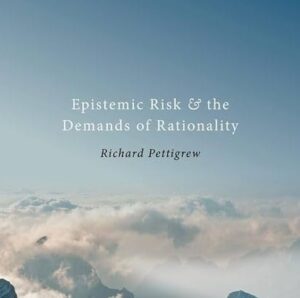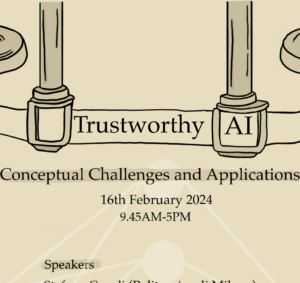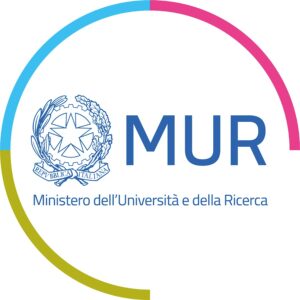March 18th at 17:00. Room: Sala Consiglio, seventh floor of the Polimi building 14 (via Bonardi 9). Streaming available here.
Abstract: Sometimes models function as integrative devices that can bring together heterogeneous sets of epistemic and non-epistemic elements — e.g., data of different quality and kinds, theory, analogies and metaphors, values and policy views — in a systematic and coherent way (Boumans 1999; Thorén 2021). In virtue of their ability to integrate these elements we can use models to help structure quickly evolving and novel situations as well as to manage deep uncertainties. Hence, a model’s ability to integrate is especially relevant when models are put to use to inform planning and policy-making (Thorén and Gerlee, 2024). In this paper, Henrik Thoren and colleagues explore the function of models as integrative devices and its implications for the division of labor and responsibilities at the science-policy interface using climate economics and integrated assessment models (IAMs) as a case study. Since a decision-making or planning situation is also a situation that can be characterized as involving integration of heterogeneous epistemic and non-epistemic elements we are confronted with a choice when using models to inform such situations: How much of this integration is the responsibility of modellers and how much is the responsibility of the decision-makers or planners? Drawing on the recent literature on epistemic risk, the presentation will argue that the integrative function of models can lead to what we here call integrative risk. Broadly constructed integrative risks involve a failure to coordinate integration efforts at the science-policy interface, often with pernicious effects on the decision-making processes the science is meant to support. This may involve integrating too many elements in a single model used to support some decision making or planning process, or integrating elements in a model that should (according to some appropriate principle for division of labor and responsibilities at the science-policy interface) be left to the decision makers. These coordination failures can have serious consequences when science is used to inform planning and decision making. Too much integration, or integration of inappropriate elements, can undermine the legitimacy of policy processes e.g., by empowering inappropriate actors to make value judgements. Failing to integrate elements that should be integrated, on the other hand, may overwhelm policy-makers or place them in a position to make choices for which they are not appropriately equipped. While the literature on epistemic risk offers a wide-ranging taxonomy of different kinds of risks (e.g., inductive risk, determining what to count as evidence in the first place, judgments of adequacy/inadequacy for purpose, and curatorial risk), the literature has not paid enough attention to integrative risk despite the pressing challenges it poses (cf. Biddle and Kukla 2017, Harvard and Winsberg, 2022, Elabbar 2023). In light of this, the main aim of this paper is to highlight integrative risk as a distinct and undertheorized kind of epistemic risk. The secondary aim is to outline in brief what can be done to manage integrative risks. In particular the paper highlights the importance of shared standards for the appropriate division of labor and responsibilities at the science-policy interface and how these standards need to reflect specific aspects of the decision-situation, such as the competence and abilities of the decision-makers, and the accountability of the involved actors.









